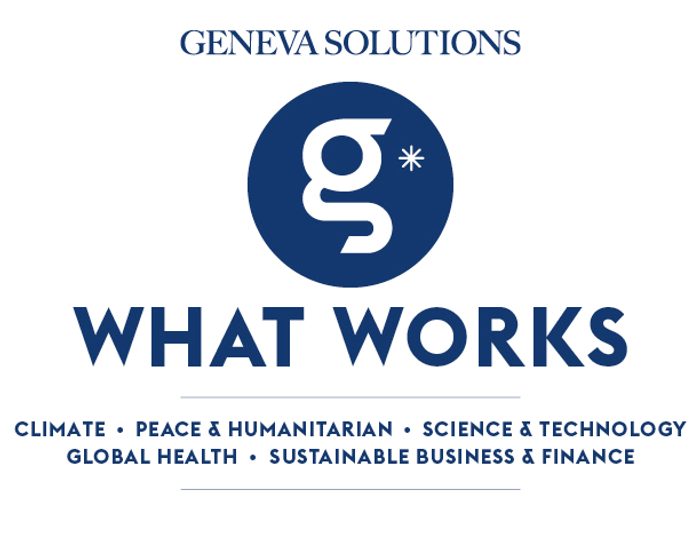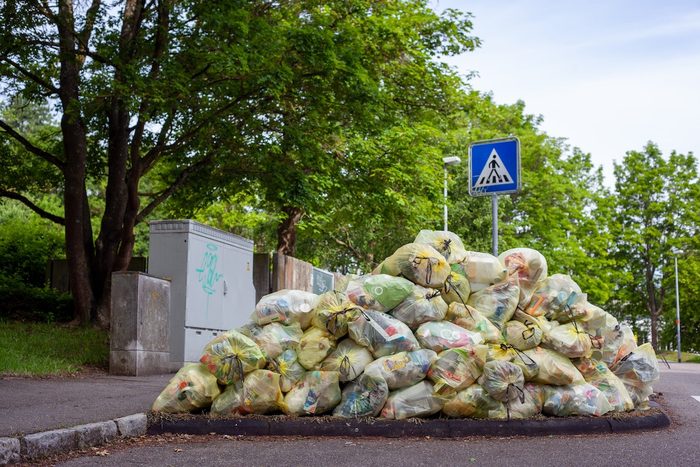|
Local authorities are often the first in line when dealing with plastic waste, but the large majority is leaking into the environment, polluting the oceans and posing a risk to human health. As countries prepare for negotiations on a global plastics treaty set to begin in February, local governments will have a chance to state their priorities.
A little over half of the world’s population lives in urban areas, producing around 60 per cent of marine plastic debris. Cities and municipalities are often in charge of collecting, transporting and recycling waste, including plastics.
They also have the power to impose measures to slash plastic use. Cities in Argentina, Mexico, the United States or Canada, for example, have outpaced their national governments and toughened up their laws, banning plastic straws or single-use plastic bags. Cities like London, Amsterdam and Odawara have installed water fountains to encourage people to use reusable bottles. But the tonnes of plastic debris that accumulate in streets or in dumpsites has become overwhelming.
Read more on Geneva Solutions
|









